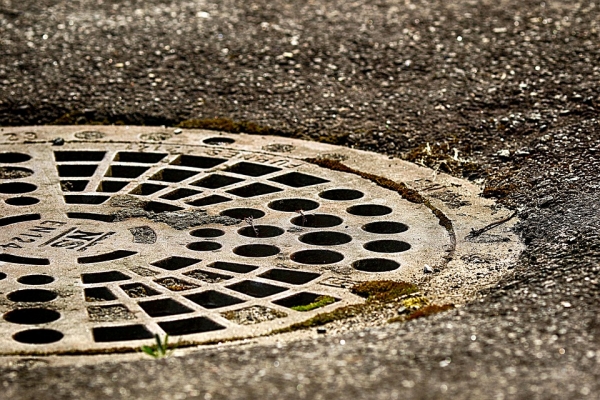Cities are responsible for almost 1/5th of the global methane emissions caused by human activities. But most cities don’t capture information about the full range of sources of this powerful greenhouse gas. In 2020, a team led by McGill University, measured methane emissions from various sources across the city of Montreal. The researchers found that two of the four most important sources of methane emissions in the city (historic landfills and manholes) are not included in the city’s municipal greenhouse gas inventories, making it difficult to tackle the problem fully, or reach the city’s goal of being carbon neutral by 2050.
The study provides the first set of direct measurements of methane emissions in Montreal and in the province of Quebec.
The study provides detailed and specific measurements of methane emissions by source – such as the type of manhole or the type of natural gas infrastructure. The results, which highlight the importance of gathering information about the specific sources of methane emissions to set in place mitigation strategies that are adapted to each specific situation should be of interest not only to researchers across Canada and around the world but also to policy makers.
“Cities are uniquely positioned to mitigate methane emissions as they face fewer political challenges than larger bodies such as provinces, states, territories, or countries,” says Mary Kang, an assistant professor in McGill’s Department of Civil Engineering and the senior author on the paper published recently in Environmental Science and Technology. “However, municipal greenhouse gas inventories often underestimate emissions and tend to be based on few measurements made elsewhere, making it difficult to develop actionable mitigation strategies.”
Read more at McGill University
Photo Credit: Photorama via Pixabay


